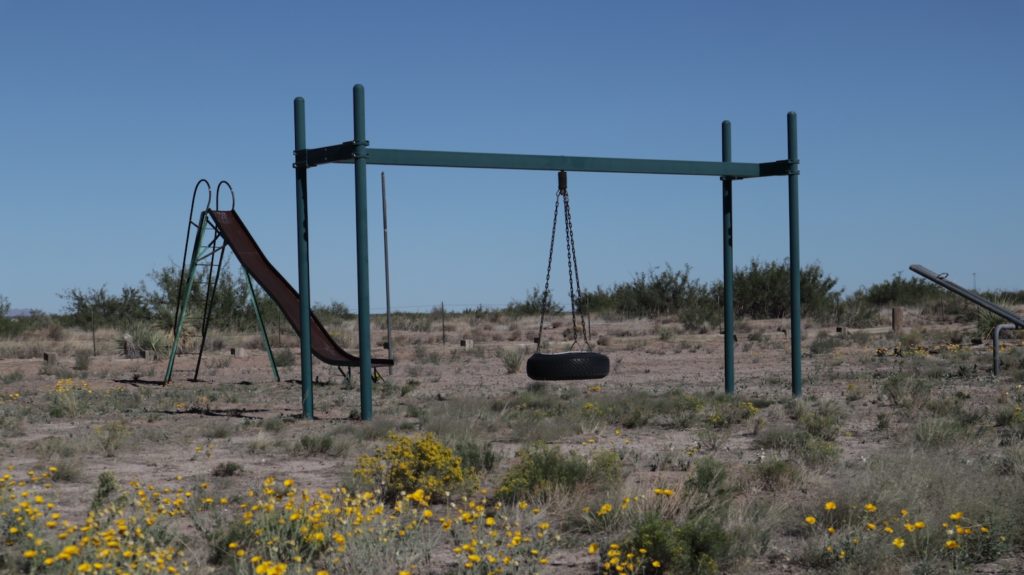Recently The New York Times op-ed columnist Ross Douthat, who happens to be Catholic, published a piece called “Is It Weird to Care About the Birthrate?”
“The deeper we get into a birth dearth,” he wrote, “the more dramatic the alteration required to come back up … a transformation in how the sexes relate to one another … a recovery of existential hope.”
To me this is a no-brainer. You don’t need to be a scientist, an expert in demographics, or a member of a particular political party to intuit that a globally falling birthrate cannot possibly bode well for future generations, or the future of the planet.
As is often the case, mine was the minority view. Yes, it’s weird, ran the vast majority of the comments. It’s creepy, it’s fascistic. This is just your totalitarian, patriarchal Church. We already have too many people who are ruining the planet. If you want more people, let in more immigrants, you bigot.
“We all know where this ends. Forced pregnancy and forced birth.” Sixty-seven recommend.
“Pregnancy and childbirth are like being constipated for 9 months, and then finally having a massive, painful, risky, injury-inducing bowel movement from which it takes months to recover. Does that sound appealing to you? I thought not.” Fifty-two recommend.
“ ‘Children are good, human beings are good...’ Quite the opposite is true. Human beings are, by nature, bad. They are hostile, violent, selfish, and destructive, and unable to live together without conflict.” Thirty-one recommend.
“I am so relieved that the populations are declining all over the world. I can proudly say I did not breed to contribute to the problem. I am very proud of that.” Twenty recommend.
Enter the compelling new Frontline documentary “Two American Families.” Tony and Terry Neumann (white) and Claude and Jackie Stanley (Black) live in Milwaukee. The camera follows them for 30 years as they marry, raise families, try desperately to stay afloat financially, and age.
To its great credit, the filmmakers steer clear of politics. We see the Neumanns (Catholic, three kids) and the Stanleys (evangelical Christians, five kids) attending church, but we don’t see how they vote. We see them eating with their kids, helping with homework, dropping them off at school, encouraging them to do chores. But mostly we see them working. After having three kids and buying a house, Tony Neumann loses his relatively high-paying ($18 an hour) factory job and ends up on an $8.25/hour, no-benefits assembly line (night shift). Over the years he works various jobs as a machinist, and in his 60s, a handyman who has no desire (nor is he able financially) to stop working. We see Terry (sadly, she and Tony eventually separate), toiling away as a home health aide for the disabled, a commercial truck driver, and an armored car security guard.
Claude Stanley, an ordained pastor, also gets laid off from a union factory job and hustles to find a $7/hour gig waterproofing basements. Jackie gets a real estate license but is blackballed from selling in pricier neighborhoods. Their three teenage sons form a lawn care service company, scrambling and scrounging for pocket money.
All the Neumann and Stanley kids grow up to be hard workers. Several now have kids of their own.
Keith, the eldest Stanley son, scrimps through to pay his college tuition, graduates and goes on to a series of executive jobs in nonprofit community development.
In a way, he’s the most successful of the group, if by success is meant money, property, and prestige. Notably, he very consciously puts off having children. He’s watched his parents. He’s seen the price they’ve paid.
In his mid-30s, he gets married and though everything has gone according to plan, we see his ambivalence. Life is more than work, he observes, but “I know it’s not just hard work that you need to succeed. Many times it’s about luck. It’s about who you know. It’s about your ZIP code.”
It may also be what master we choose to serve, deep down. His parents never amassed a nest egg nor moved out of their dicey neighborhood partly because they chose to sacrifice their lives, just as the Neumanns have for their kids.
“Two American Families” raises many more questions than it answers. What does it say about a culture, for example, when Jackie Stanley — a woman who has been married for 40 years, raised five thoughtful, hard-working children, who is known and respected throughout the community for her family’s good works — thinks of herself as a failure?
One New York Times commenter bared his “progressive” fangs: “It’s only a problem when the dumbest people have the highest birthrate. This is sort of what is happening these days. All the smart countries have flat birthrates and it is very good for their quality of life.” Seven recommend.
We’re all for the immigrant, in other words; we just don’t want them to “breed.”
“It’s fascinating that there seems to be a developing anti-child movement,” one dissenting thinker observed. “An idea that if fully embraced by everyone would lead to the extinction of humanity.” Zero recommend.
In fact, it will only lead to the extinction of those who hate life. The rest of the world — the workers, the unsung heroes — will continue to have children.
And the meek shall inherit the earth.

